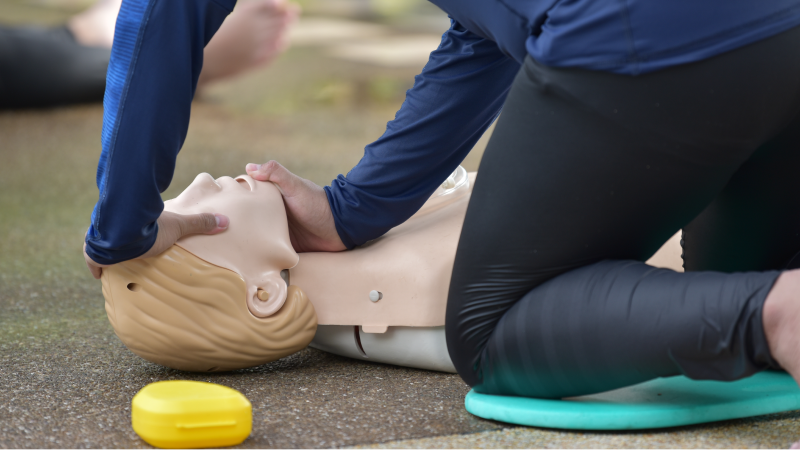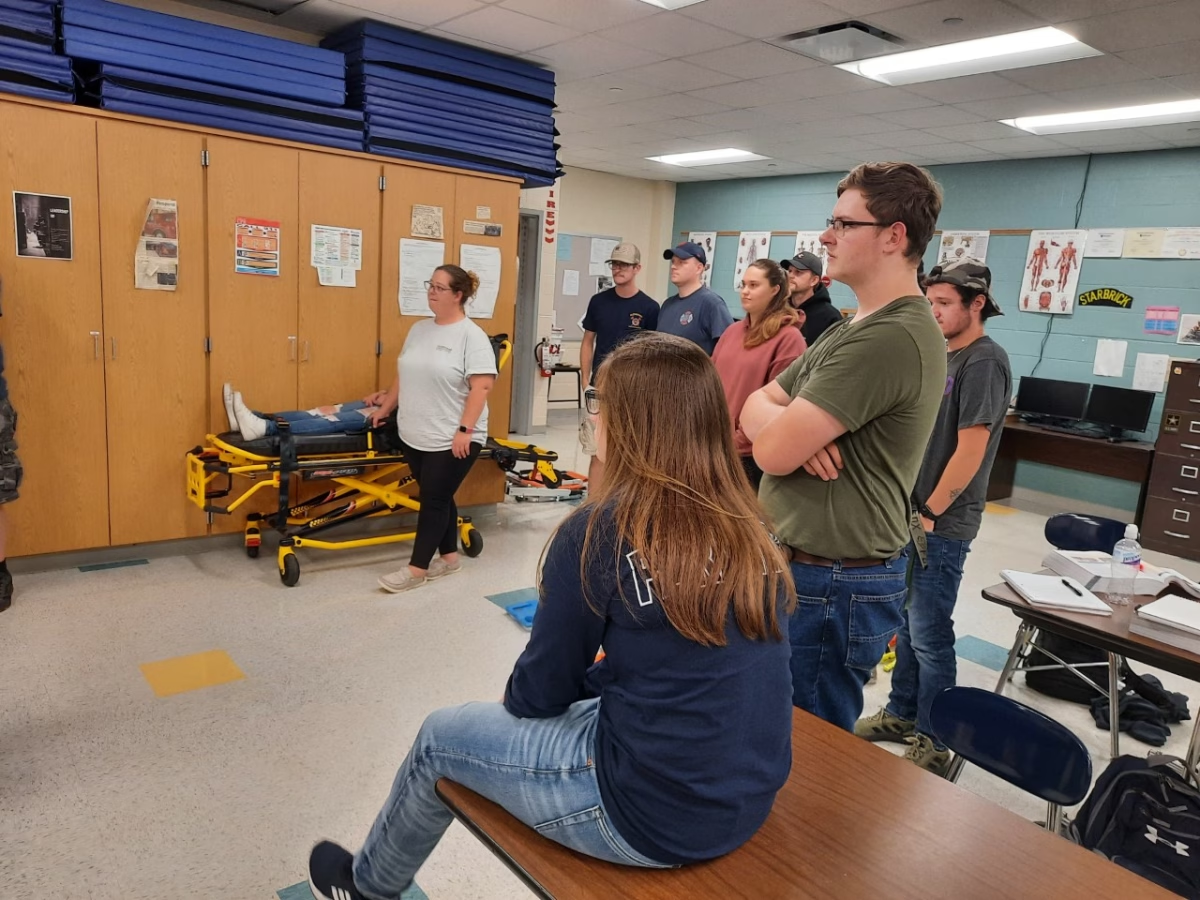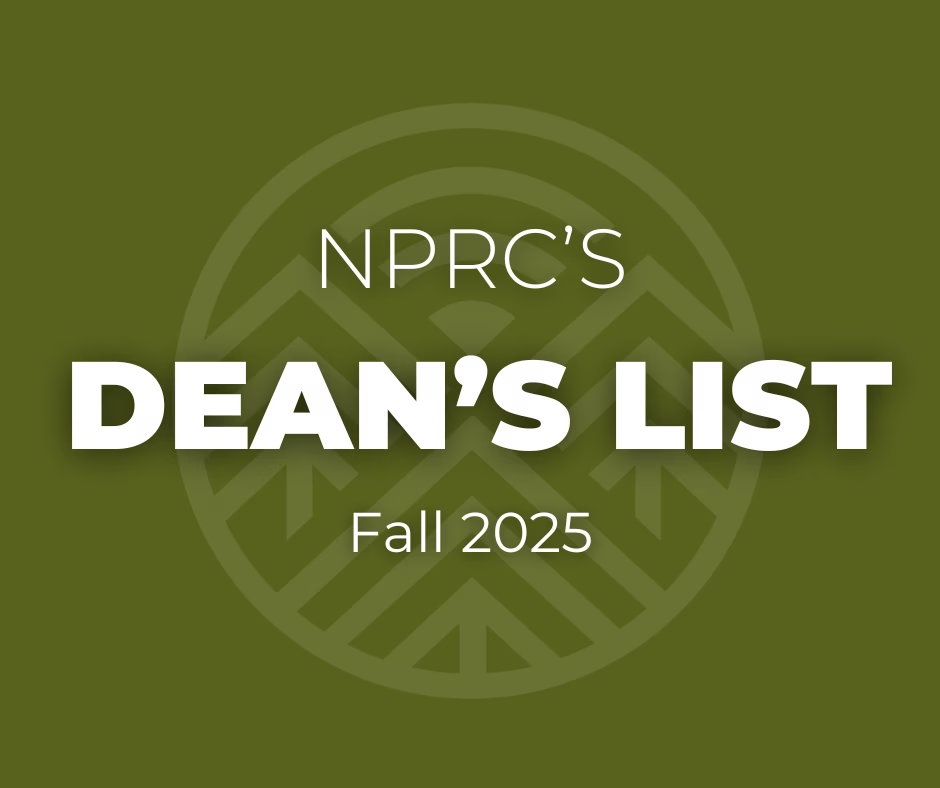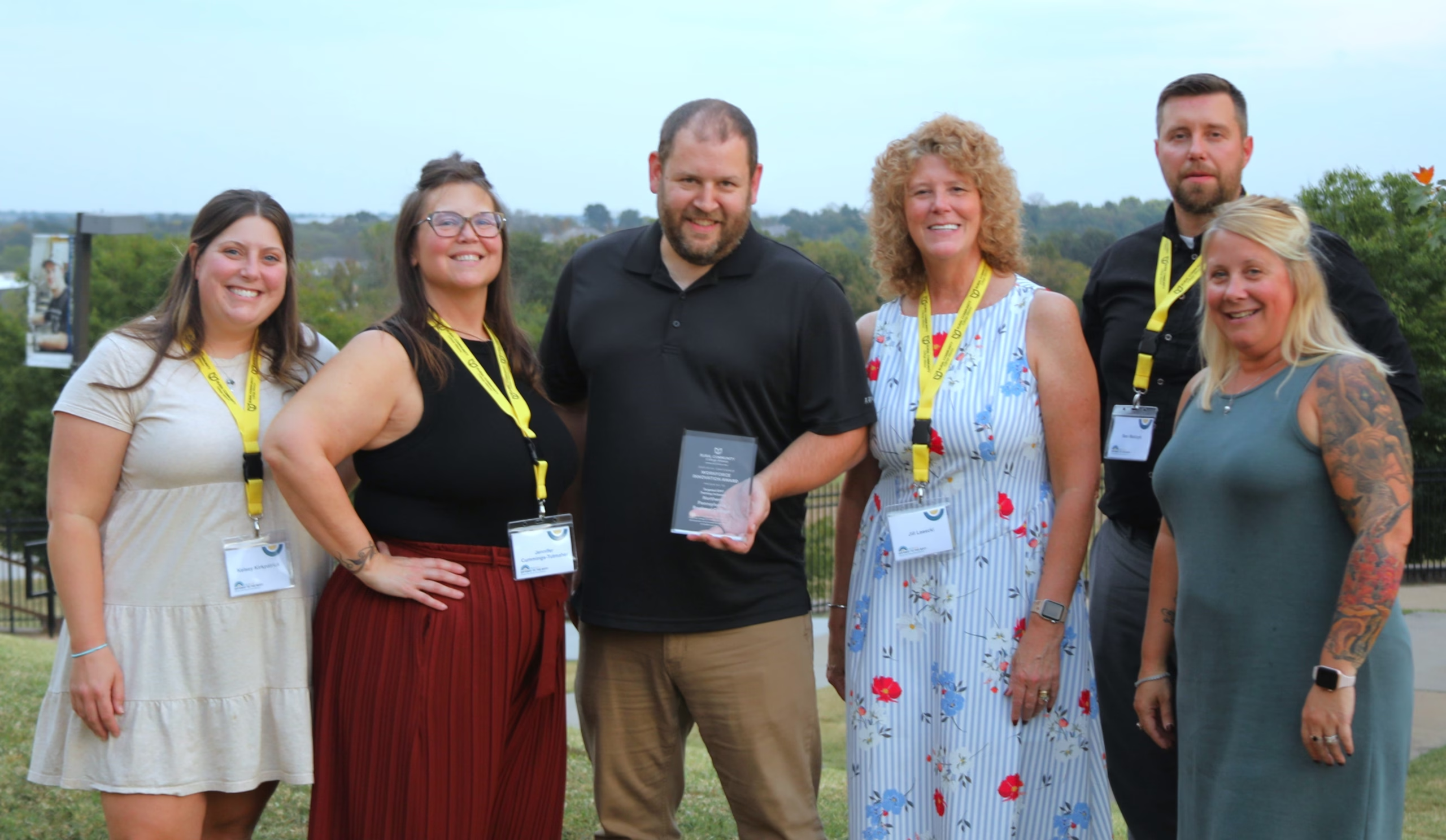Criminal Justice
Associate of Science

Program Description
This program can serve as a milestone in the journey towards a bachelor’s degree. It can help strengthen your communication and critical-thinking skills. Students are introduced to a broad range of foundational courses while providing flexibility to sample courses related to multiple fields of study.
This degree is perfect for those seeking entry-level employment while continuing their education. Students are encouraged to tailor the program to correspond to an intended four-year major.
Criminal Justice
What You'll Learn
In interactive class sessions, students may be involved in learning experiences that include:

Debate of contemporary cases and incidents in the news through a lens of social justice, police ethics, and use of force.

Review of case studies and video scenarios to follow the progression of illegal activity from the committing of a crime, through investigation, filing a search warrant, filing criminal charges, and presenting a case in court.

Attaining industry-recognized credentials in practical and tactical handcuffing; oleoresin capsicum aerosol (pepper spray) training; expandable, tactical baton use; and utilization of the National Incident Management System (NIMS).

Demonstrating specialized skills in: cybercrime, business technology, professional communication and protective services including emergency medicine, firefighting, municipal policing, and private security.*

Participating in a field experience with a specific criminal justice system agency within the student’s community.*
*Based on a student’s selected specialization within the degree program.
Career Outlook in Criminal Justice

Career opportunities include entry-level positions in public safety, such as dispatch or 911 operator, correctional officer, security officer, or fraud investigator.

Degree completion contributes to a student’s eligibility for a baccalaureate degree program, providing a pathway to careers such as state trooper, local police officer, legal services or federal agent.
Explore More
Related Programs

Criminal Justice Work-Ready Certificates
These certificates prepare students for immediate entry into the workforce or advancement in their current careers. Certificates are available in criminal justice.

Emergency Medical Technician
This program covers topics including patient assessment, cardiac arrest management, airway management, patient immobilization, diabetic emergencies, strokes and seizures, and information about the emergency response system.

First Aid and CPR
NPRC’s CPR/AED/First Aid class teaches students everything they need to know to deal with an emergency calmly and confidently until first responders arrive. This course will teach learners basic first aid for injury, environmental, and medical emergencies, appropriate application and use of an automated external defibrillator (AED), response to adult and pediatric choking, and adult and pediatric CPR. This course can be customized for a business as well.
Criminal Justice FAQ's
See What Our Students Have to Say

“It was a wonderful experience here at NPRC. I learned so much and my instructor was amazing. He was knowledgeable and made sure that everything we need is uploaded online and communicates well with us. He also held us accountable to make sure we were learning and ready. I enjoyed working alongside my amazing classmates and all the different experiences they brought to the course. Everyone in our class was eager to learn and was proactive about staying up to date on what is being asked of us.”
- Marie, NPRC EMT Graduate
“Attending NPRC was truly life-changing for me and provided a foundation to pursue my passion for early childhood education. I gained the knowledge and skills needed to excel in this field. But it was bigger than just academics; my professors taught me valuable life lessons and instilled important values that have shaped who I am today. Overall, my college journey has not only prepared me for a successful career but has also equipped me with the mindset and tools to make a positive impact on the lives of young children.”
- Brittany, Early Childhood Education Graduate
“I had a fear that this degree would be unobtainable due to being a full-time employee and mother. With the support of family, friends, coworkers, and NPRC, I’ve gained confidence and support to continue my education.”
- Brittney, NPRC Student
“From the first time I found out about NPRC, I knew attending college was something I wanted to pursue because of how genuine the first interaction was. I’m proof that finding the right path can be done. It’s worth it to find ways out of situations you do not want to be in for better ones. I can’t say enough about how NPRC’s employees have empowered and advocated for me.”
- Amanda, NPRC Student
"NPRC’s faculty, staff, and professors do everything they can to see the students succeed and provide us with exactly what we need to do our best both inside the classroom and out. The early childhood education program is phenomenal. It was a school that aided me in balancing class, schoolwork, and my career. From the start and throughout my time, NPRC made me feel like I was at the right place.”
- Savannah, Early Childhood Education Graduate










